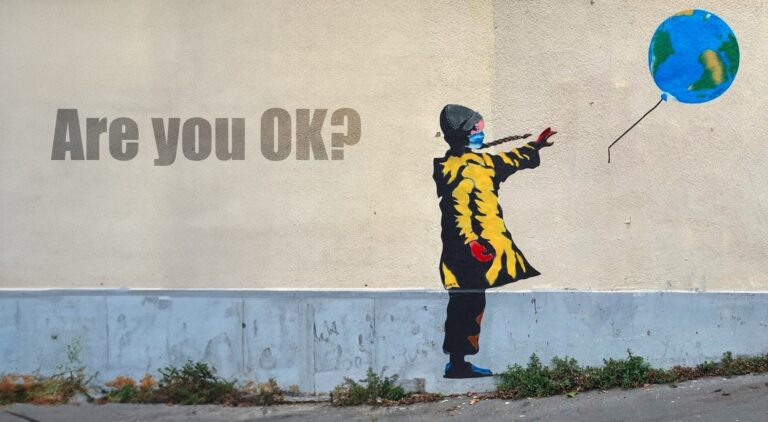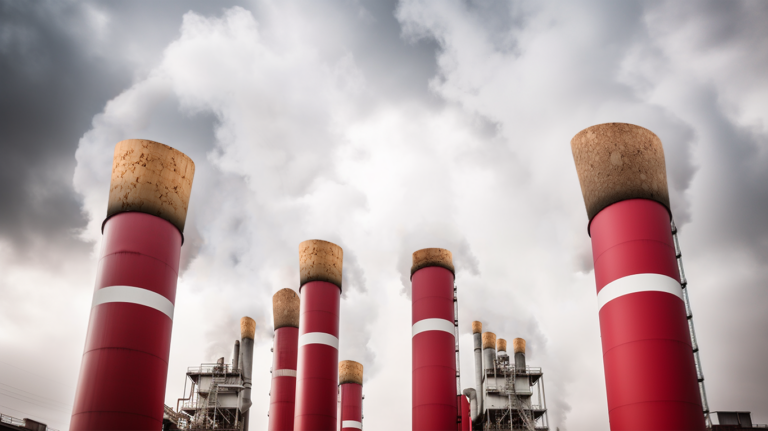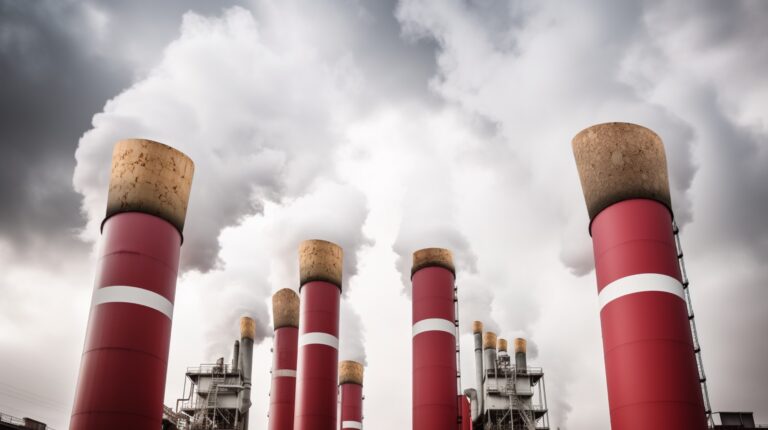When it comes to the climate crisis, many of us keep reciting variations on mantras that go something like this:
People don’t understand how dire the situation is—we need to raise awareness.
Our leaders are doing too little, too slowly—that’s why we have to keep the pressure on them.
Recently, I shared my personal spin on the mantra with Lindsay Boucher, a colleague in Alberta, saying that we need to keep pulling back the curtain so that people can see how government and industry leaders are stringing us along with hollow promises while continuing to worsen the situation.
Lindsay’s response surprised me. She pointed out that people know the climate crisis is serious, and that not enough is being done to tackle it. So the real question, she believes, is this: Can we allow ourselves to be changed by what we already know?
It’s a powerful and unsettling question.
If you’re able to answer “Yes,” that doesn’t mean you’re going to spend all your time trying to reduce your individual carbon footprint—what George Monbiot of The Guardian refers to as micro-consumerist bollocks. In fact, as Monbiot explains, only radical systems change can save the planet now.
Here are some of the things we know:
Government and industry leaders are still talking about achieving net-zero by 2050 despite the latest Intergovernmental Panel on Climate Change report revealing that the 2050 targets set out in the Paris Agreement will no longer cut it. We need to rapidly accelerate the timetable.
According to The Climate Action Thermometer (November update), the world is on track to warm to 2.4°C by 2100—that’s if countries fully implement their 2030 (non-binding) Nationally Determined Contributions to reduce greenhouse gas emissions.
Just as importantly, when we look around at what’s happening in our region, we know that governments are dragging their heels on climate action, multinational corporations are ramping up their greenwashing campaigns, fragile ecosystems and wildlife habitats are being destroyed to make a quick buck (for companies, not workers), and we are being lied to—again and again—by the people we are counting on to lead us out of this mess.
So, can you hold this awareness and allow it to guide your actions?
It’s a scary proposition.
In a recent article, George Monbiot reflects on the novel Life and Fate. The author, Vasily Grossman, notes that when Stalin and Hitler were in power, “One of the most astonishing human traits that came to light at this time was obedience.”
Monbiot goes on to comment, “The instinct to obey… was stronger than the instinct to survive.”
What’s the connection here? Somehow even though we know that the existing economic and political systems are failing us, we still hesitate. We still look to our elected leaders to come to their senses and do the right thing, or for industry to come up with an innovation to save us (maybe carbon capture??). Meanwhile, people are drowning in floods, dying from extreme heat, and watching their homes and towns burn to the ground. Entire species of animals and plants are going extinct. The water, soil, and air are being poisoned in the name of profit.
Sure, we join protests, write to MLAs and MPs, sign petitions, and more, to “keep the pressure on.” But underneath it all, are we not still trapped by a sense of obedience that is short-circuiting our imagination? Our vision of what’s possible?
So let me ask you again: How will you be changed by what you know?
Looking forward to your answers,
Tynette Deveaux
Beyond Coal Atlantic Campaign
Sierra Club Canada–Atlantic Chapter
The Atlantic Chapter of Sierra Club Canada is located in the territory of the Mi’kmaq, Passamaquoddy, Wolastoqiyik, Beothuk, Innu, and Inuit. We stand in solidarity.




